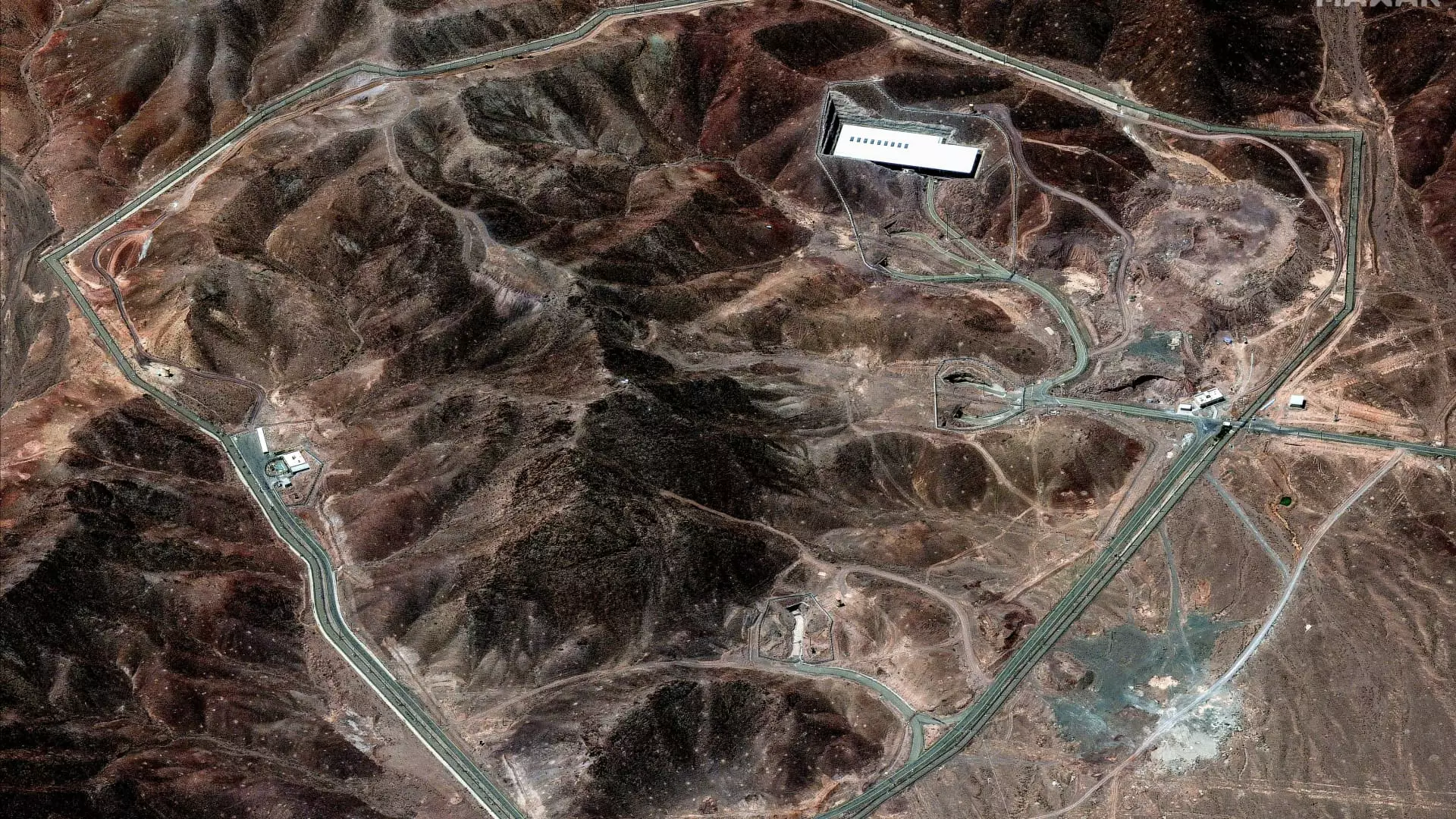The recent airstrike on Iran’s Fordo nuclear facility highlights a devastating paradigm in military intervention: the misjudgment of capabilities and consequences. Senator Markwayne Mullin’s comments regarding the event expose not just a concerning disconnect between intelligence reports and operational realities, but also a reckless bravado that could precipitate dire geopolitical consequences. It is sobering to realize just how easily the machinations of military power can spiral beyond control, fueled by a blend of hubris and an ill-conceived sense of righteousness.
Mullin asserted that U.S. intelligence had found no evidence of Iran relocating uranium from the Fordo site prior to the airstrikes, contradicting claims from both Israeli and Iranian officials. His statements went so far as to suggest that the facility, deemed impenetrable by some, may have actually seen an increase in stored nuclear material. This revelation is alarming, not because of the theoretical weapons at stake, but due to the implications of ignorance and overconfidence in military action. If the U.S. indeed failed to dismantle Fordo’s nuclear production capabilities as thoroughly as claimed, we find ourselves staring down the barrel of further conflict—a conflict rooted in the misguided belief that bombs can enforce peace.
American Imperialism Revisited
Senator Mullin’s rhetoric implies a dangerous readiness for ongoing military intervention. Evoking the relentless pursuit of eliminating Iran’s nuclear capabilities, he passionately stated, “We have the ability to destroy things that people think were undestroyable.” This bravado is reminiscent of previous American military strategy based on illusionary omnipotence, revealing an uncomfortable truth about U.S. foreign policy. The resounding calls for “finishing the job” may resonate with certain factions within the government, but they disregard the broader ramifications for regional stability and America’s global standing.
While Mullin emphasized that the U.S. would avoid inserting troops into Iran, the option of intensified airstrikes and collaboration with Israel illustrates an unnerving aggressiveness. This aggressive stance encapsulates an outdated mindset that over-relies on military solutions rather than fostering diplomatic channels which are crucial to resolving such entrenched antagonisms. Are we truly prepared for the chaos that unrestricted aerial bombings could unleash in a meticulously complex region historically marred by violence?
The Dangerous Dance of Escalation
The fallacy that airstrikes can be precision tools for securing national security interests is a ticking time bomb. The potential for escalation is a genuine concern that lurks just beneath the surface of Mullin’s pronouncements. As voices in Washington City echo the need for sustained military engagement against Iranian stockpiles, we must remind ourselves of the invaluable lessons learned from Iraq and Afghanistan—that rapid military actions almost invariably lead to protracted conflict with unforeseen consequences.
The stark reality is that while President Trump’s administration may tout the destruction of Iran’s facilities as a resounding success, the oscillation between rhetoric and actual military outcome reveals a profound disregard for human lives. Military action, executed recklessly without a clear endgame, risks aggravating tensions further, potentially igniting a broader conflict that engulfs not just Iran and Israel, but other nations drawn into the fray.
Seeking Diplomacy over Destruction
What is needed now is a reevaluation of the U.S. stance in the Middle East, one that leans heavily on diplomacy. The emphasis must shift from military bravado to a sincere commitment to dialogue, negotiation, and mutual understanding. The lives of countless individuals hang in the balance; to view them as collateral in a game of power is a moral failure. It is imperative that U.S. lawmakers—who seem emboldened by jingoistic rhetoric—understand the potential fallout from military engagement and act accordingly, favoring policies rooted in dialogue rather than destruction.
In the end, the complexities of international relations demand a nuanced approach, one that values understanding over flamethrower diplomacy. We must strive for an approach that prioritizes peace, one that promotes long-lasting stability instead of ephemeral military victories. It remains our responsibility to advocate for a policy shift that recognizes the limits of airstrikes and monumentalizes the pursuit of diplomacy and engagement.

